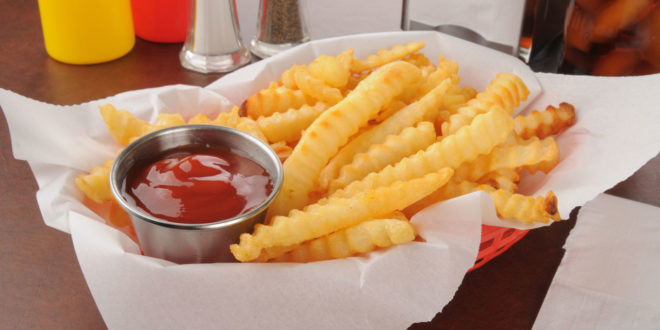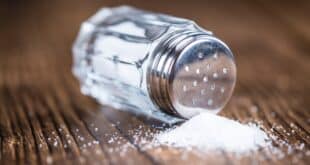Bread
If sandwiches are one of your favorite foods, start checking the label to see how much sodium is in each slice. A slice of bread can have 50 mg to 500 mg. A sandwich without anything else could deliver a whopping 1,000 mg. If you add luncheon meat, cheese, and other ingredients, the sodium continues to rise. Sodium is high in bread because some require sodium-containing ingredients such as baking soda, baking powder, and salt in the making process. This greatly increases the sodium. Try eating sandwiches with only one slice of bread. This will cut your bread sodium intake in half.
Condiments
It seems that ketchup is a favorite condiment on everyone’s table. Hidden within its tantalizing taste is 160 mg of sodium per tablespoon. Reading the labels will help you discover other sodium tucked away in condiments. Mayonnaise has about 105 mg per tablespoon, but the low sodium version has only 15 mg per tablespoon. The best way to cut the sodium intake here is to cut in half the number of condiments used with sodium or skip using them at all. Save them for special occasions rather than something you use every day.
Pizza
The bread alone can have 100-330 mg sodium and perhaps higher depending upon the brand. Pizza sauce can have 200-300 mg sodium per ¼ cup of sauce. And cheese can deliver 100-250 mg sodium per ¼ cup or about a serving. These numbers add up and can provide a hefty dose of sodium, almost 1,000 mg per slice! And this number doesn’t include double cheese, olives, meat, and other toppings high in sodium. When pizza is served, stick to one slice or look for lower sodium pizzas.
Cured Meats
Luncheon meats are a favorite for sandwiches and salads. Sodium preserves meats, and so many of our preserved meats like beef jerky, luncheon slices, and brined chicken are loaded with sodium. Minimizing the amount you put in your salad or sandwich can help reduce sodium intake. Use one slice of turkey in a sandwich. A quick word about vegetarian meat substitute: Be careful with the amount consumed in frozen and canned vegetable proteins. If eaten, eat small portions to minimize sodium. Sodium content can reach 800 mg per serving.
Other foods such as sauces, dressings, mixed dishes such as lasagna, popcorn, and other snack foods can also contain a high sodium content. Don’t forget to read the label. If the Daily Value for sodium is 5% or less, the sodium content is low to moderate. If the Daily Value is 20% or more, it is a high sodium food. Learn how to choose your foods to maintain healthy levels of sodium.
If you liked this, you might also like Your Sodium Intake | What to Know About Low Sodium Diets
Pamela Williams writes from Southern California.
© 2002 - 2025, AnswersForMe.org. All rights reserved. Click here for content usage information. Answers for Me Support & encouragement for every-day life
Answers for Me Support & encouragement for every-day life



